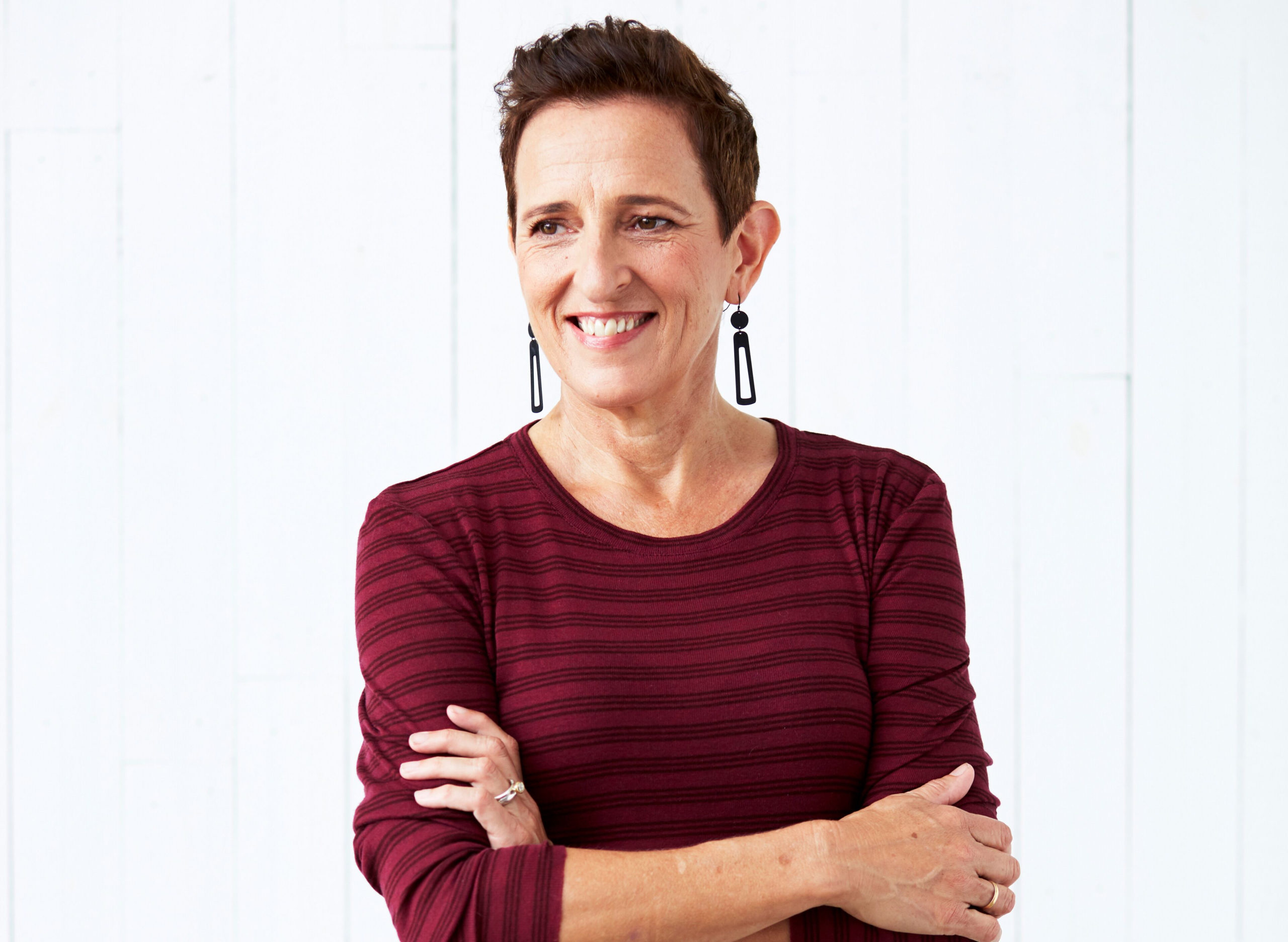The Stella Interview: Charlotte Wood

Charlotte Wood is the the author of 2016 Stella Prize shortlisted book, The Natural Way of Things. We chatted to Charlotte about the writing process and the real life inspiration behind her book.
Stella: Why did you become a writer?
Charlotte: Because I loved words, and I liked the absorption and serenity I felt when I was playing with them. I like writing novels because it’s a way for me to find out what I think.
Stella: Which writers have shaped your work?
Charlotte: Different writers shape my work all the time. At the moment I’m mining the work of Virginia Woolf, Elizabeth Harrower, Nina Bawden, Alice Thomas Ellis, Richard Ford and Elizabeth Strout for voices and ways inside my new novel.
Stella: Have you had any significant professional or personal mentors in your writing career?
Charlotte: Oh, so many. Writing mentors include my friends Tegan Bennett Daylight (also on the Stella shortlist!), Vicki Hastrich, Eileen Naseby and Lucinda Holdforth, but also my agent Jenny Darling, publisher Jane Palfreyman, wonderful editors Ali Lavau and Judith Lukin-Amundsen. Early in my writing life Peter Bishop from Varuna was a significant mentor, as was my university writing teacher Joan Phillip.
Stella: Have you ever received a grant, residency or fellowship to write?
Charlotte: Yes, I’ve been lucky enough to receive grants from the Australia Council, and residencies at Varuna, the Writer’s House and Bundanon Artists’ Retreat – where I’m about to return to dive into my new book.
Stella: How do you know when a story is finished?
Charlotte: I once interviewed other writers about this. Margo Lanagan said it’s when you feel the ground of your book is firm underfoot, and that there are no soggy, boggy patches. Malcolm Knox said it’s like cleaning the house – you start with the kitchen, and then you see the living room is grubby, so you clean that up. The book is done when all the rooms of the house are pristine, and there’s nothing left to do. I feel the same … but sometimes I decide a book is finished when I simply have no more to give it. I agree with whoever said ‘a work of art is never finished, only abandoned’.
Stella: Do you have a favourite book written by an Australian woman?
Charlotte: Again, too many to mention. Joan London’s The Good Parents comes close for me.
Stella: What inspired you to write The Natural Way of Things?
Charlotte: It’s always hard to explain where the ideas for a book come from, because a book emerges in all kinds of strange ways, but here are some of the things I remember about starting the book.
I heard a radio documentary about the Hay Institution for Girls, a brutal prison in rural NSW, where ten teenage girls were drugged and taken from the Parramatta Girls’ Home in the 1960s. One of the reasons many of the girls were in the Parramatta and Hay homes was that they had been sexually assaulted – at home, or wherever, and had told someone about it. It was this – speaking about what had happened to them – that got many of them sent there. They were deemed to be promiscuous and ‘in moral danger’. This seemed to me to be the worst thing: that their ‘crime’ was that they had spoken up about being abused.
I began noticing that this punishing attitude was not something belonging only to the past, because things kept happening in the contemporary world around me that showed those views were not historical. The punishment of women for being sexual, and for speaking up, happens all the time. I started imagining some girls who find themselves in this remote place as punishment for some kind of sexual scandal with a powerful man. And as I wrote, other stuff just swirled into the eddy of the book, the way it always does, and as I got to know my girls, things got more interesting, weirder, stranger, funnier and darker.
Stella: Which aspects of the writing process do you find to be the most challenging and the most rewarding?
Charlotte: Whichever phase I am currently in is the most challenging! Right now I’m in the embryonic first draft stage of a new novel – which can be beautifully freeing, because you know nothing. It can also be terrifying, because you know nothing. The most rewarding aspect is when I can shut out all the fears and expectations and quietly enter the space of my book, focusing only and absolutely on the words appearing on the screen, the images unfolding in my head.




